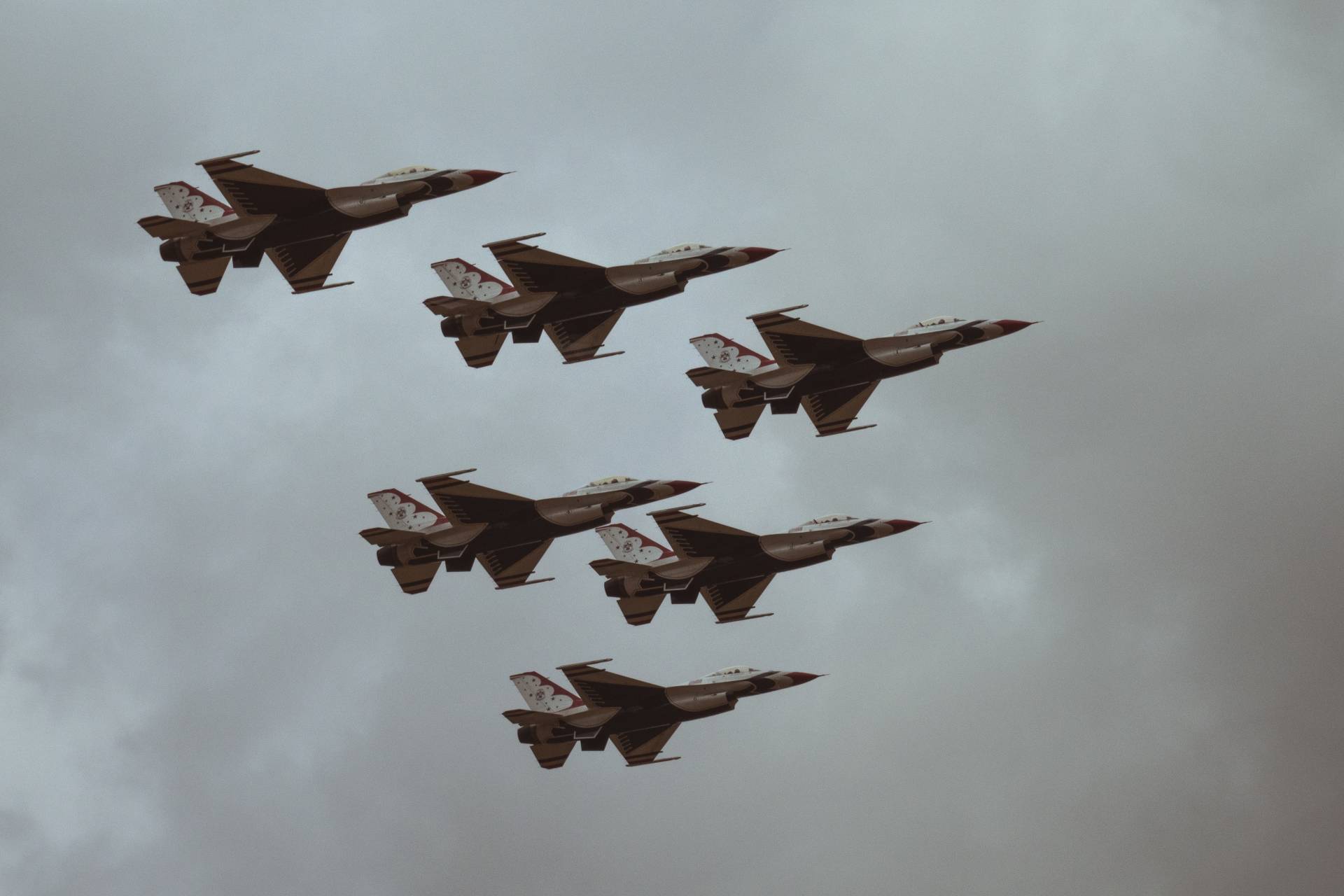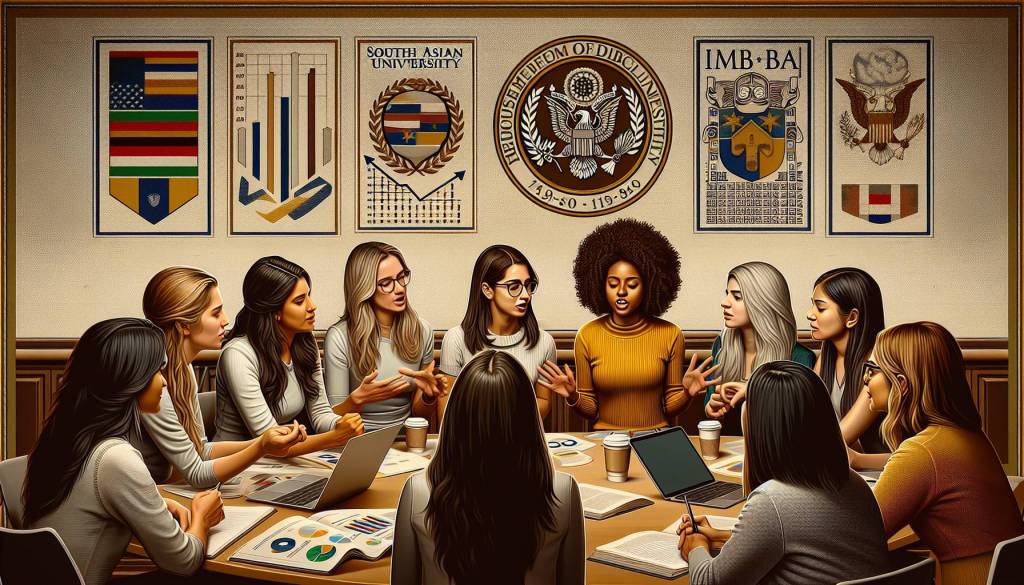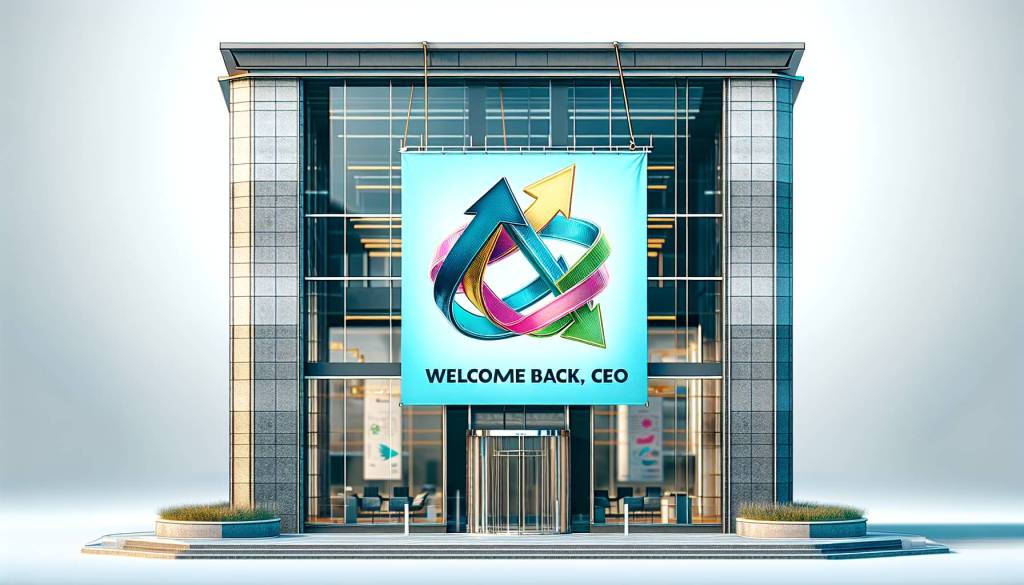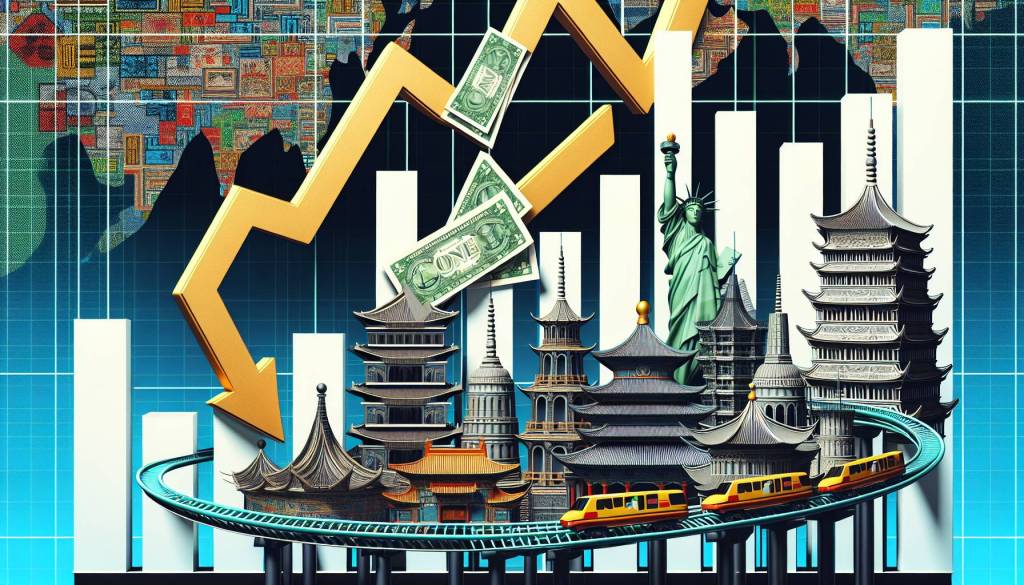The ongoing conflict between Israel and Gaza has created a highly charged geopolitical environment, putting pressure on business leaders and marketers. Since many multinational corporations have investments in Israel, they are working hard to ensure that their facilities there remain operational. Employees have different perspectives and values, so it’s important that they work together to resolve any conflicts that arise.
Major Corporations Around the World Stand With Israel
Companies all over the world are showing their solidarity with their Jewish employees and the teams working in the region. Numerous companies have evacuated their Israeli offices and told their staff to work remotely. Some companies have chosen to remain silent on the issue, while others have spoken out.
The Reaction of the Travel Sector
As the violence in the region worsens, many major airlines have temporarily halted their flights to and from Israel. Delta CEO Ed Bastian has condemned the recent attacks and confirmed the airline will be grounded until October 31. Royal Caribbean and Carnival Cruise Lines, among others, have rerouted their itineraries to avoid Israeli ports.
Industry Leaders Discuss
In a LinkedIn post, Volkswagen Group North America President and CEO Pablo Di Si blasted the recent attacks on Israel. He shared his condolences with his Israeli colleagues and the rest of the country. The violence must stop, and other automakers have joined those who have spoken out in support of Israel.
The Media Industry Takes a Side
Forbes Media Chairman and Editor-in-Chief Steve Forbes spoke out against Hamas’ attacks in a video shared on LinkedIn. The character of the enemy and the terrorist invasion of Israel were emphasized. Media organizations can use their powerful voice to inform the public and encourage resolution to the conflict.
The Tech Giants Discuss the Crisis
The tech industry has been very responsive to the conflict between Israel and Gaza. Oracle has promised to give $1 million to Magen David Adom, an Israeli nonprofit that aids emergency responders. Pete Gelsinger, CEO of Intel, wrote a letter to staff members in which he addressed the conflict and reassured them that the company was taking precautions to ensure their safety. Sundar Pichai, CEO of Google, has spoken out against the recent attacks in Israel and reaffirmed the company’s dedication to distributing accurate information.
Brands React in Other Markets
Brands in a wide range of sectors have also reacted to the Israel-Gaza conflict in their own unique ways. Here are a few that particularly stand out:
Companies in the Financial Sector Show Their Love
Many prominent figures in the banking and insurance sectors have voiced their support for Israel. Jamie Dimon, CEO of JPMorgan, has expressed his condolences to Israel and directed employees in the region to work remotely. David Solomon, CEO of Goldman Sachs, sent a memo to employees condemning the attacks and expressing support for Israel. Bank of America and Morgan Stanley have also taken precautions for their local staff.
Statements from Retail and Fashion Brands
To show its support for Israel, American Eagle covered its marquee Times Square billboard with a picture of the Israeli flag. Both H&M and Zara temporarily shut down all of their Israeli locations. These initiatives highlight the power of brands as agents of social change and demonstrations of unity.
The Pharma Industry Keeps a Close Eye on Things
Eli Lilly and Bristol-Myers Squibb, two of the largest pharmaceutical companies in the world, are keeping a close eye on the situation and taking precautions to keep their employees safe while continuing operations in the area. These organizations understand the significance of ensuring that people in affected areas have constant access to medications.
See first source: Campaign
FAQ
Q1: What is the current geopolitical environment and its impact on business leaders and marketers?
The ongoing conflict between Israel and Gaza has created a charged geopolitical environment, pressuring business leaders and marketers to navigate the situation.
Q2: How are multinational corporations with investments in Israel ensuring the operational status of their facilities?
Multinational corporations with investments in Israel are taking measures to ensure the operational status of their facilities. Some have evacuated offices, and others have employees working remotely.
Q3: How are major airlines reacting to the violence in the region?
As violence escalates, many major airlines have temporarily suspended flights to and from Israel. Delta CEO Ed Bastian announced a flight suspension until October 31, and some cruise lines have rerouted their itineraries.
Q4: What statements or actions have industry leaders in the automotive sector taken regarding the conflict?
Volkswagen Group North America President and CEO Pablo Di Si voiced his condemnation of recent attacks in Israel, expressing condolences to Israeli colleagues. Other automakers have also expressed support for Israel.
Q5: How has the media industry responded to the conflict, and who are some notable figures speaking out?
Media industry leaders like Steve Forbes, Chairman and Editor-in-Chief of Forbes Media, have spoken out against the attacks, emphasizing the character of the enemy and the situation in Israel.
Q6: How has the tech industry reacted to the Israel-Gaza conflict?
The tech industry has responded by offering support. Oracle pledged $1 million to Magen David Adom, Intel CEO Pete Gelsinger assured employee safety, and Google CEO Sundar Pichai condemned recent attacks.
Q7: How have brands in various sectors reacted to the Israel-Gaza conflict?
Brands in various sectors have reacted uniquely. American Eagle displayed the Israeli flag in Times Square, H&M and Zara temporarily closed Israeli locations, and the pharmaceutical companies Eli Lilly and Bristol-Myers Squibb are prioritizing employee safety while ensuring medication access.
Q8: How has the financial sector shown support for Israel during the conflict?
Prominent figures in the financial sector, including JPMorgan CEO Jamie Dimon and Goldman Sachs CEO David Solomon, have expressed condolences and implemented precautions for local staff in Israel. Bank of America and Morgan Stanley have also taken steps to safeguard employees.
Q9: What actions have retail and fashion brands taken to show their support for Israel?
Retail and fashion brands like American Eagle, H&M, and Zara have shown support in various ways, including displaying the Israeli flag and temporarily closing Israeli locations.
Q10: How is the pharmaceutical industry addressing the Israel-Gaza conflict?
Pharmaceutical giants Eli Lilly and Bristol-Myers Squibb are closely monitoring the situation and ensuring employee safety while maintaining operations to provide access to medications in affected areas.
Featured Image Credit: UX Gun; Unsplash – Thank you!













